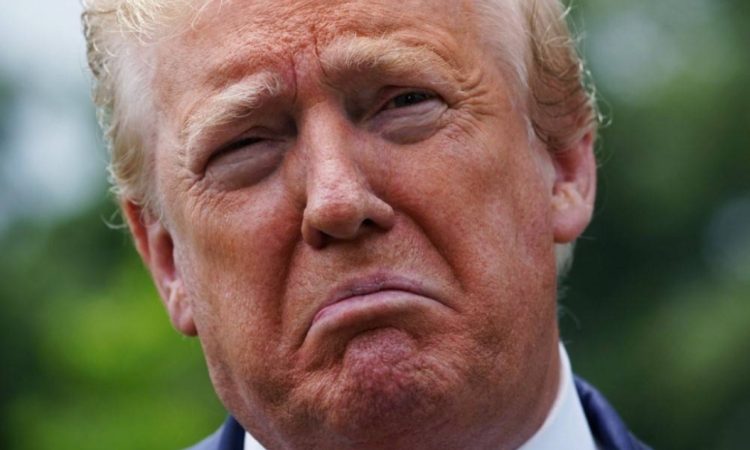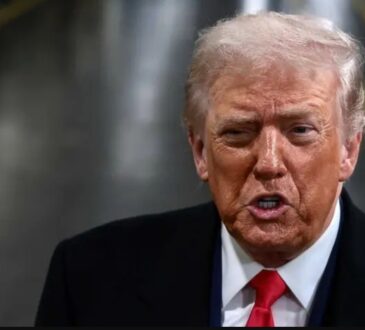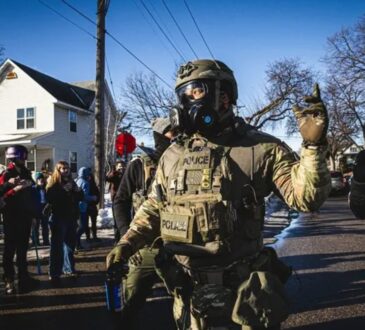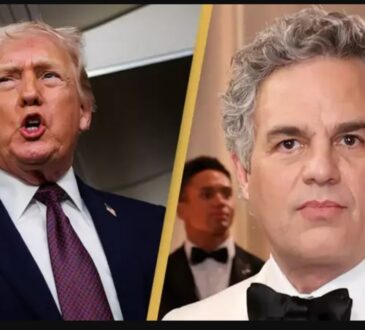What Will Happen If Donald Trump’s Is Handle To Department Of Justice For Persecution – Joyce White Vance Reveals

This coming week, the House Select Committee looking into the attack on Congress on January 6 and the attempt to rig the 2020 election will make their referrals to the Justice Department public. According to a leak, the committee will decide whether to send Trump and other defendants for criminal prosecution on Friday, according to Politico.
The fear is that the DOJ will disregard the request because it is political or that it will appear like the Justice Department special counsel is following orders from Congress even though he isn’t
It depends on how the committee sees its function, according to former federal prosecutor and law professor Joyce White Vance, who spoke to MSNBC on Saturday.
She asked in a questioning tone, “Will they assume the job of prosecutors to determine whether there is acceptable evidence to prove each of these allegations beyond a reasonable doubt?” “I believe that task is challenging for the committee, and that is really not what they are there to do. They are probably considering our evidence more generally and whether there is “probable cause,” to use a legal term, to suspect that these crimes have been committed.
They won’t really need to worry about the legal difficulties that the DOJ would need to consider before deciding whether to indict. They’ll merely examine their evidence with a common sense perspective.
Given that, it’s feasible that they may suggest that Trump be charged with all three offences, including insurrection. She stated that because it requires evidence of a purpose to tamper with government, it is the hardest of the three to choose from.
Even more forcefully, Judge David Carter ruled that Trump’s Jan. 6 action was a “coup in quest of a legal theory.”
Regardless of what the Congress suggests, the DOJ will ultimately reach its own conclusions and judgments.
The crucial point in this situation, according to Vance, is the burdens of proof, or what the prosecutors must prove. “I know this is awfully Law School 101 sort of stuff,” he said. “The burden is considerably lighter in civil actions. More likely than not plausible. You must persuade a unanimous jury in a criminal case that the defendant is guilty beyond a reasonable doubt.
That does not imply beyond a reasonable doubt, as the judge will inform any criminal jury member who has ever served. It is still a very high burden for DOJ to prove beyond a reasonable doubt.
In the DOJ, according to her, “you’re damned if you do and you’re damned if you don’t, so you might as well do it.”
Beyond the issues from January 6, Trump now faces significant legal troubles related to document theft from the White House.




